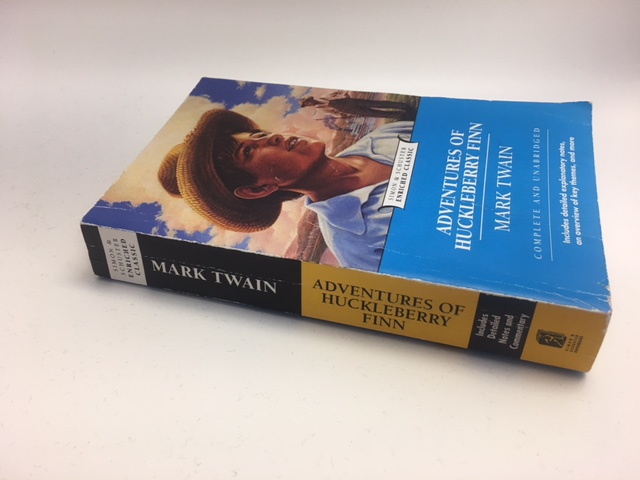Banning Books: Infringement of Freedom
This week is Banned Book week, but what exactly does that mean?
This is an example of a book that has been challenged over time.
This week is Banned Book Week, a week that celebrates First Amendment rights through reading. The theme for Banned Book Week this year is diversity, because a disproportionately large number of books that were challenged have a wide variety of characters from different ethnic, social, and racial backgrounds.
A “challenged” book refers to a book that some have attempted to remove simply because of the content within the book. A “banned” book is when the attempt is successful. Thanks to libraries and the American Civil Liberties Union, many challenges against books have been unsuccessful.
Some may argue that banning books seems like something comparable to Nazism or Stalin’s Russia, however it is a real problem that occurs today still. Many of the most well-received books are on the list of most commonly challenged books. Classics like Mark Twain’s Huckleberry Finn or even Adventures of Tom Sawyer, a book we read in school, are challenged frequently. Books like J.K. Rowling’s Harry Potter, a series that has shaped a generation, is also on the list and is challenged often.
Banning books from adults is an idea that many people do not take well.
“That’s stupid,” freshman Natalia Wennstrom said. “Why would you ban books?”
Banning books infringes on the freedom of the press. According to the Legal Information Institute, the First Amendment states that there will be no laws “abridging the freedom of speech, or of the press.” In other words, there are no rules or laws that hinder an author or journalist’s right to print what they want. By banning books, people are restricting the right others have to say what they want, a right guaranteed by our country’s founding document. By ridding ourselves of bans on books and the ability to ban books, a basic guaranteed right in this nation is maintained.

Her favorite quote is "She wasn't looking for a knight, she was looking for a sword." - atticus.

